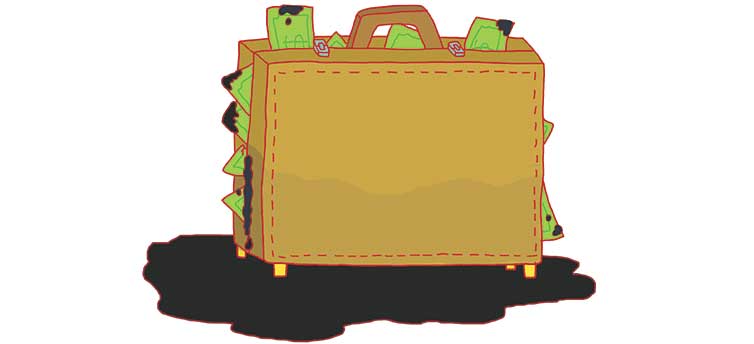In signing his third piece of legislation into law, U.S. President Donald Trump repealed a Securities and Exchange Commission (SEC) disclosure requirement for oil, gas and mining companies meant to tackle corruption.
The legislation, titled House Joint Resolution 41, used a little known law called the Congressional Review Act (CRA) to strike down the SEC regulations. Added as the Cardin-Lugar Amendment to the 2010 Dodd-Frank financial reform package, it required all extractive industry companies listed on a U.S. stock exchange to publicly disclose all payments made to governments around the world on a project-by-project basis. The argument for the law was that increased transparency over payments would cut down on fraud and embezzlement by unscrupulous foreign leaders.
Despite having been passed into law in 2010, Cardin-Lugar has yet to come into force. The D.C. District Court struck down SEC regulations in 2013, requiring the commission to either write a new rule or provide a better justification for the first one. The SEC managed to table these in late 2016, but will now be forced to redraft the requirements for a third time following Resolution 41.
“It’s a big deal,” Trump said at the signing ceremony. “The energy jobs are coming back. Lots of people [are] going back to work now.” Industry groups like the American Petroleum Institute have heavily criticized the rule as forcing U.S. companies into a competitive disadvantage through onerous disclosure rules that are not required by other jurisdictions.
Richard Lugar, the retired Republican senator and co-sponsor of the original amendment, has dismissed this critique, however, pointing out that both Canadian and EU regulators have issued similar requirements in the past five years. In its filing, the SEC described the rules as so similar that being in compliance with either one would be enough to satisfy SEC standards. Eighty-four per cent of the world’s top oil and gas companies are listed in one of the three jurisdictions, further undercutting the competitiveness argument.
One complicating factor involves the specifics of the CRA. As Dodd-Frank has not been repealed, the SEC is required to go back to the drawing board and rewrite the regulation. But the CRA doesn’t allow for any new regulation to be substantially similar to any previously repealed, meaning the SEC will have to write something different from its EU and Canadian counterparts.







